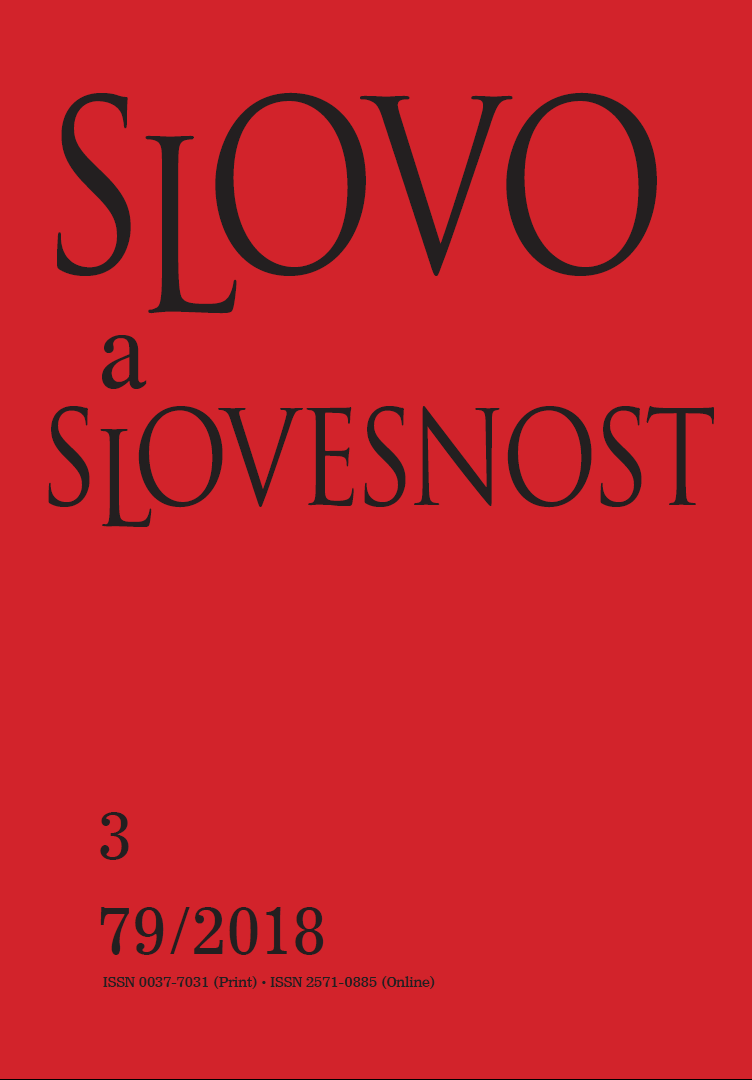Hranice flektivní a derivační morfologie: Případ předpony po- u českých sloves
On the borderline between inflectional and derivational morphology: The case of the Czech verbal prefix po-
Author(s): Magda Ševčíková, Jarmila PanevováSubject(s): Philology
Published by: AV ČR - Akademie věd České republiky - Ústav pro jazyk český
Keywords: morphology; word formation; inflection; derivation; prefix; Aktionsart; aspect; future tense; determinative verbs of motion
Summary/Abstract: The present case study deals with the functions of the Czech verbal prefix po-. Three functions of the prefix are analysed by contrasting the existing theoretical descriptions with corpus data. In its primary, word-formational function, po- modifies the meaning of the base verb (expressing one of the semantic features described as Aktionsart or other meanings; e.g. kreslit ‘to draw’ > pokreslit ‘to cover with drawings’). In its second function, po- derives perfective counterparts from the imperfective verb; here, the prefix is considered to be a grammatical means used for the formation of aspectual pairs of verbs (cf. kárat ‘to admonish.impf’ > pokárat ‘to admonish.pf’). The third function of po- is manifested in the class of determinate verbs; it is a part of the morphological form of these verbs in their (imperfective) future meaning (e.g. běžet ‘to run’ – poběží ‘(he) will run’). A group of verbs suspected of exhibiting similar behaviour as the pure determinate verbs is analysed and attested using the corpus data. Finally, the competition between the prefix po- and several tens of prefixes in Czech verbs is commented upon and the position of the prefixed verbs within word-formation nests is sketched.
Journal: Slovo a slovesnost
- Issue Year: 79/2018
- Issue No: 3
- Page Range: 171-198
- Page Count: 28
- Language: Czech

